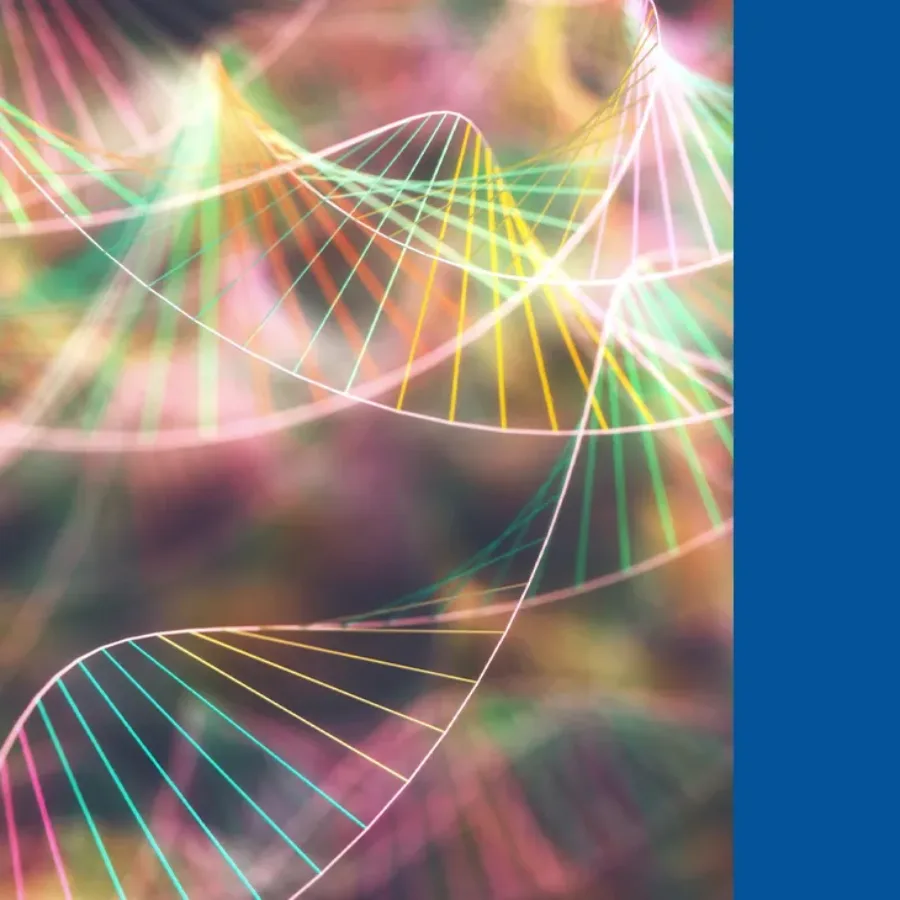 Webinars
Webinars
In the rapidly advancing world of flow cytometry, staying ahead of the curve is essential for driving impactful research and drug development. Our panel discussion, “Evolving Best Practices in High-Complexity Flow Cytometry,” sheds light on the latest developments that can enhance and accelerate your research efforts. Flow cytometry has long…
 Podcasts
Podcasts
During this special episode of “The Conversational Flow” our hosts, Brian and Adam, welcome two guests: John Bucksath, CEO of KCAS Bio, and Stefan Cross, CEO of Crux Biolabs. These two guests discuss the elements and advantages of their organizations’ new partnership between KCAS’ US and European locations and Crux’s…
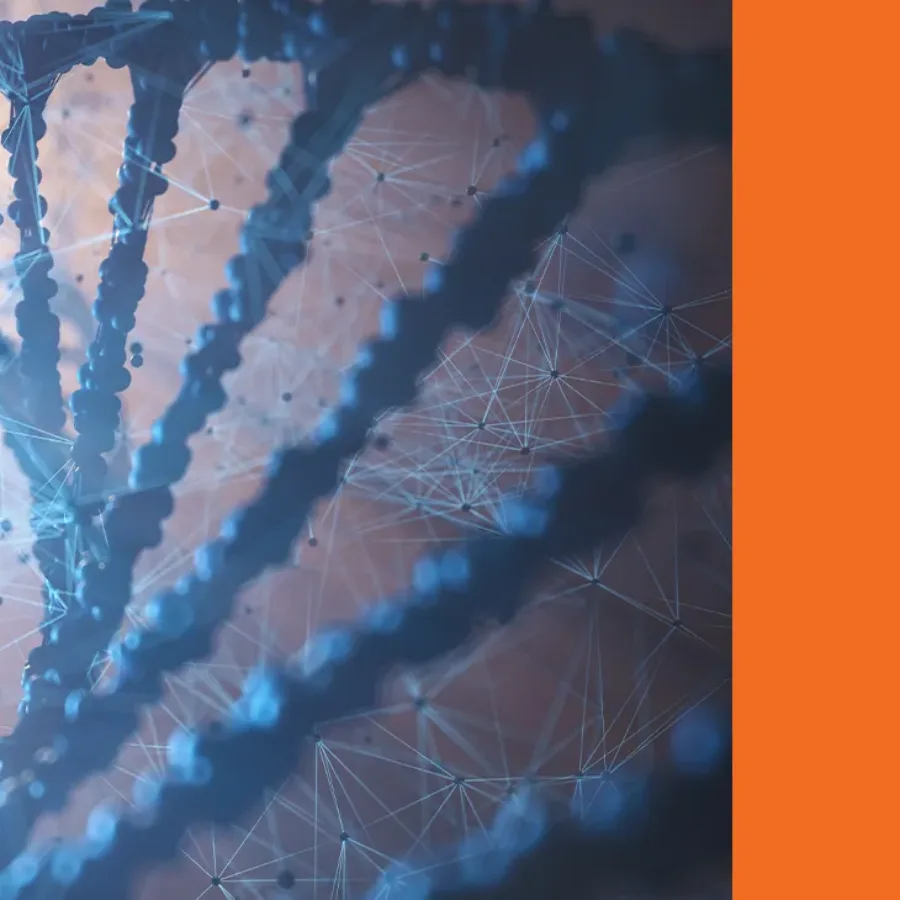 Blogs
Blogs
Cell and Gene Therapies (CGTs) are types of treatment that uses cellular or genetic material with the goal of treating a disease or a disordered. Often it can be a combination of cell and gene therapies, which is the case for Chimeric antigen receptor T cells (CAR T-Cells). There are…
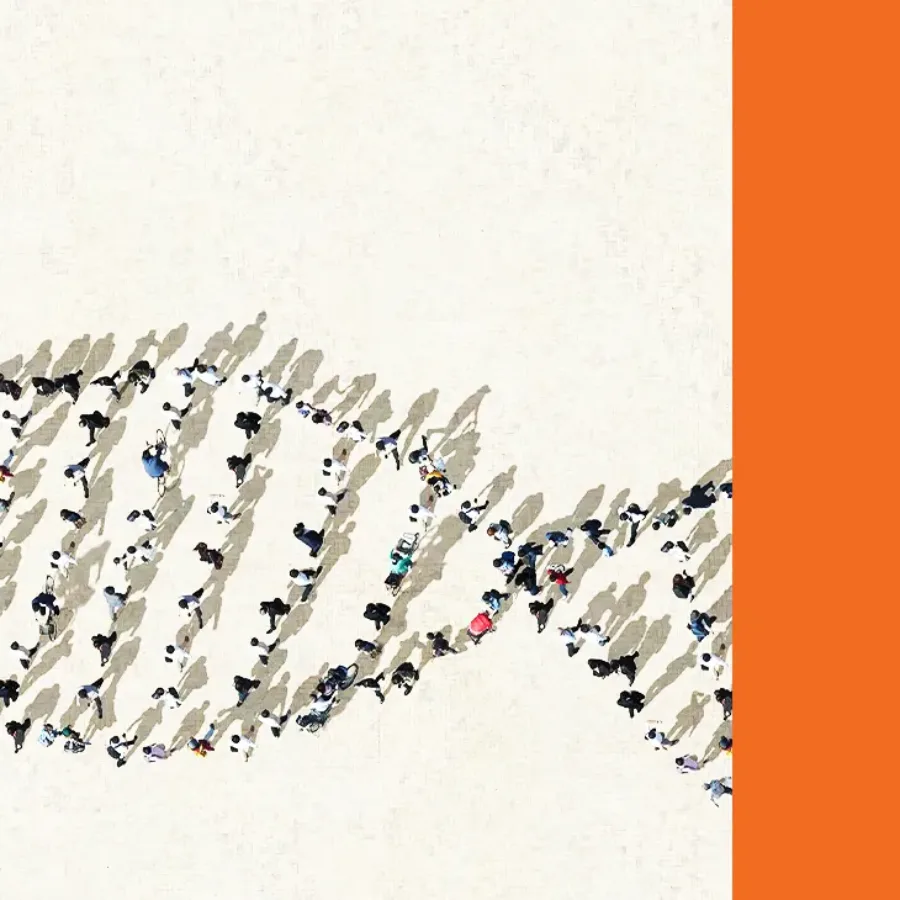 Blogs
Blogs
In today’s drug development efforts, Research and Development has increasingly expanded to include multi-country strategies. Over time, pharmaceutical and biotech companies have made substantial impact on economies where development work is conducted, and some countries have developed strategies (i.e. Australia) to attract this lucrative market via financial incentives and offering…
 October 15
- October 18
October 15
- October 18
KCAS Bio is thrilled to participate in the 16th Annual Immunogenicity and Bioassay Summit, taking place from October 15-18, 2024, at The Watergate Hotel in Washington, D.C. This summit is a premier event that brings together top industry, academia, and regulatory authorities to discuss the latest advancements and challenges in…
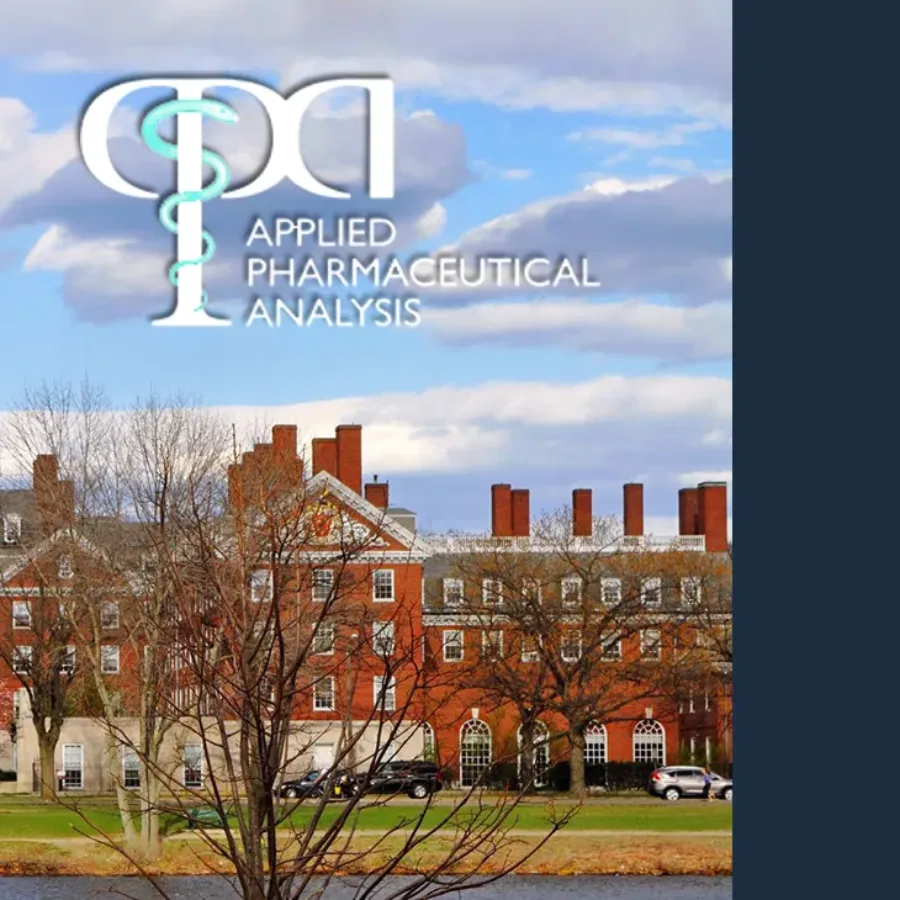 October 7
- October 9
October 7
- October 9
KCAS Bio is excited to announce our attendance at the Applied Pharmaceutical Analysis (APA) 2024 conference, taking place from October 7-9 at Bristol Myers Squibb in Cambridge, MA. This event gathers experts from across the pharmaceutical industry to discuss the latest advancements in bioanalysis, drug development, and regulatory practices. Exploring…
 Blogs
Blogs
Spectral flow cytometry and the growing array of commercially available fluorophores have led to the development of increasingly complex immunophenotyping panels. Generating robust data depends not only on a strong panel design but also on the use of appropriate reference controls and a solid understanding of spectral unmixing principles. …
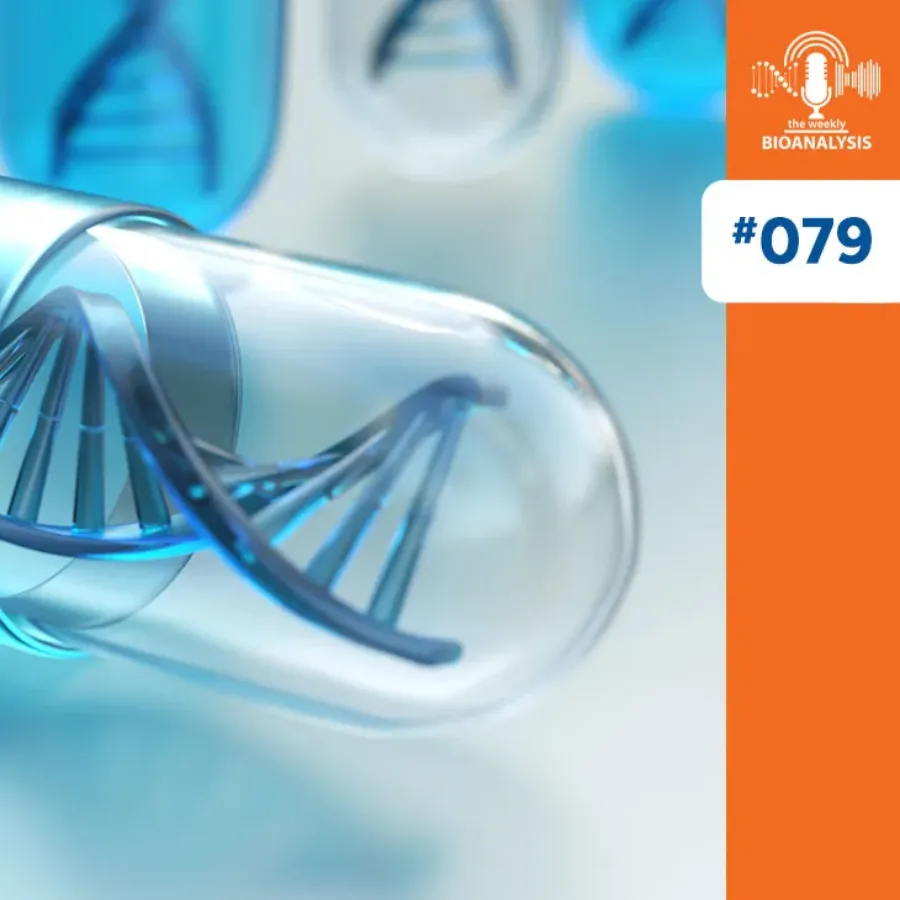 Podcasts
Podcasts
The most recent episode of “The Weekly Bioanalysis” podcast is all about genes! The topic was originally inspired by an article entitled “The Coming of Age of One-and-Done Therapies” which jumped out to both of our hosts, Dom and John, and had been on the back burner for a while…
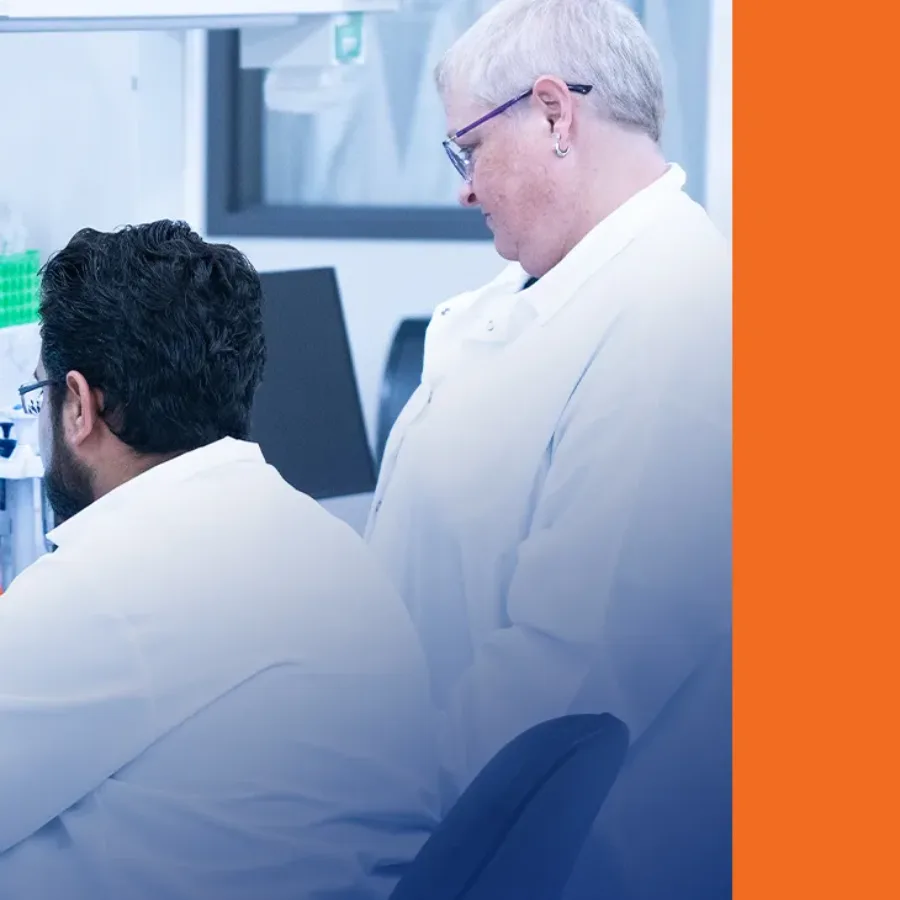 Blogs
Blogs
The world of medicine relies heavily on innovation, and Contract Research Organizations (CROs) are key players behind the scenes. But what exactly is a CRO, and why are these organizations so crucial to the development of new therapies and medical advancements? Let’s explore what CROs do and why they’re vital…
 November 14
- November 15
November 14
- November 15
KCAS Bio is excited to announce our participation in the annual congress of the French Society for Toxicology, taking place on November 14-15 at the Lyon Convention Center. This landmark event, celebrating the 50th anniversary of the French Society of Toxicology will focus on “Evolutions, Innovations, and New Trends in…
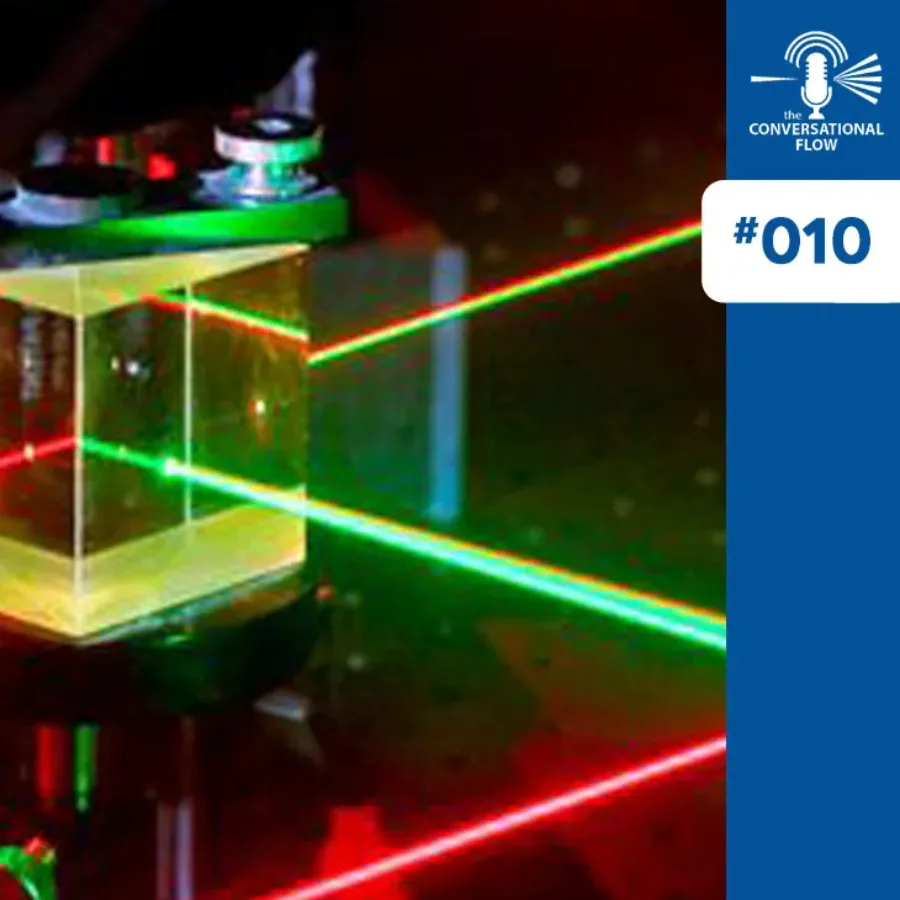 Podcasts
Podcasts
When it comes to flow cytometry instrumentation, there are a number of things that can be different. You may have different types of lasers, you might have a different path for the laser to follow to get to the detector, you can have different actual detectors, different filters in front…
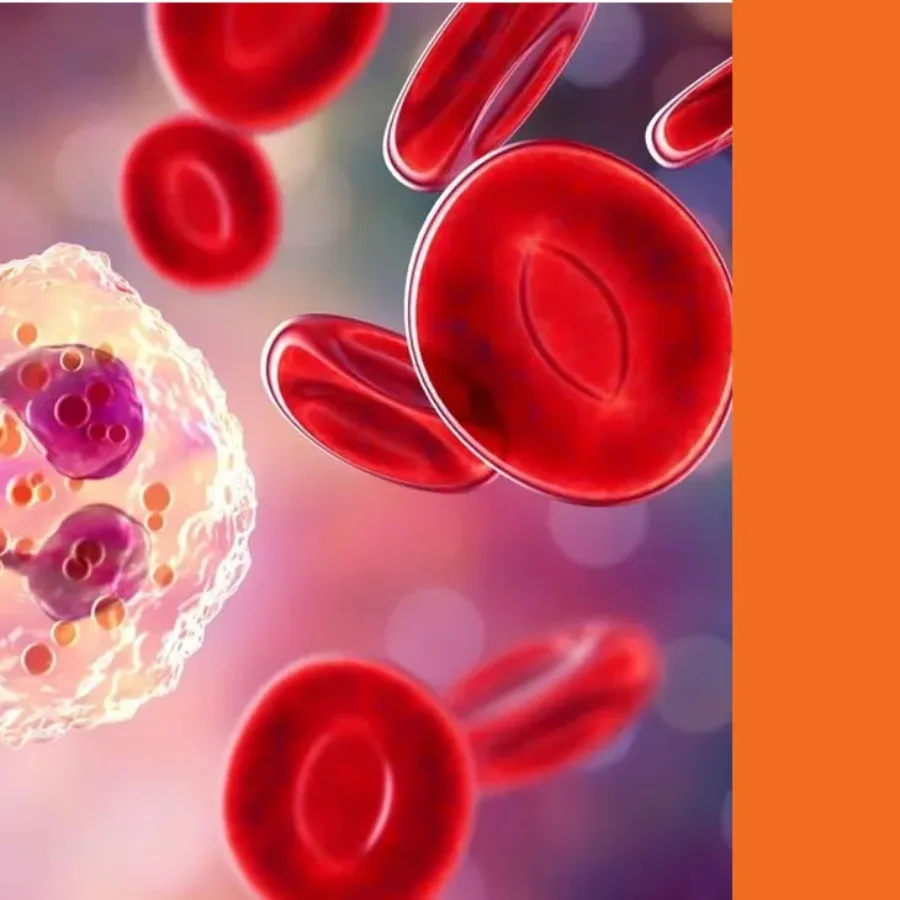 Blogs
Blogs
The Rise of Immune Cell Therapies and the Importance of Cell Profiling by Flow Cytometry Immunotherapy is revolutionizing patient care, both in traditional oncology applications as well as in autoimmune indications. The complex mechanism of action based on the enhancement or targeted suppression of immune responses is fraught with challenges;…